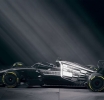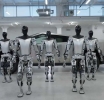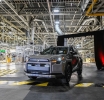Innovation / Fleet
Tenneco Partners with Cadillac’s F1 Team
Hydrogen engine of the future – alliance and challenges for BMW and Toyota
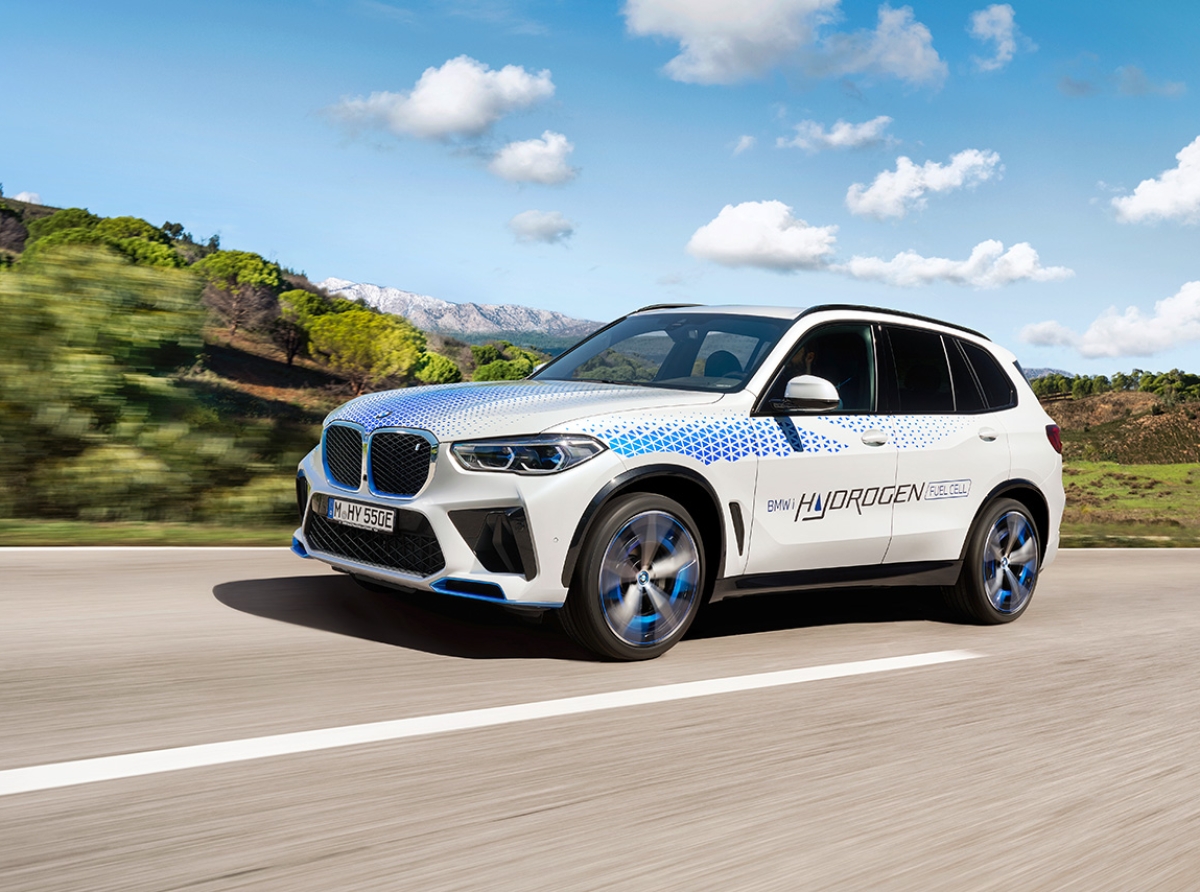
The automotive world is buzzing: BMW and Toyota, two innovation giants, officially joined forces to develop a hydrogen fuel cell engine that promises to rewrite the rules of sustainable mobility. Yes, this is indeed the “engine of the future” you may have heard about — a collaboration targeting mass production by 2028. Forget yesterday’s hybrids and today’s electric vehicles: this dynamic duo is betting everything on hydrogen, with goals of efficiency, zero emissions, and a radical shift in how we power our cars.
But why hydrogen? And why now? With Toyota’s Mirai already on the road and BMW’s iX5 Hydrogen prototype drawing attention, this alliance is not just about flashy tech — it’s a strategic strike against the Achilles’ heel of green transportation: infrastructure and cost.
While some remain sceptical about hydrogen’s ability to surpass electric vehicles, BMW and Toyota are doubling down, promising major reductions in production costs and the deployment of fuelling stations on a global scale. Buckle up — this partnership isn’t just building an engine, it’s fuelling a true revolution.
The German giant has long been a leader in decarbonizing the mobility sector. Their electric vehicles are widely regarded as among the best on the market. Their new partnership with iconic Japanese manufacturer Toyota will give them a competitive edge in the alternative fuel market. They are committed to a future powered, at least in part, by hydrogen.
BMW is shaking up the automotive world with the announcement of an engine powered by the “fuel of the future,” set to begin production in 2028.
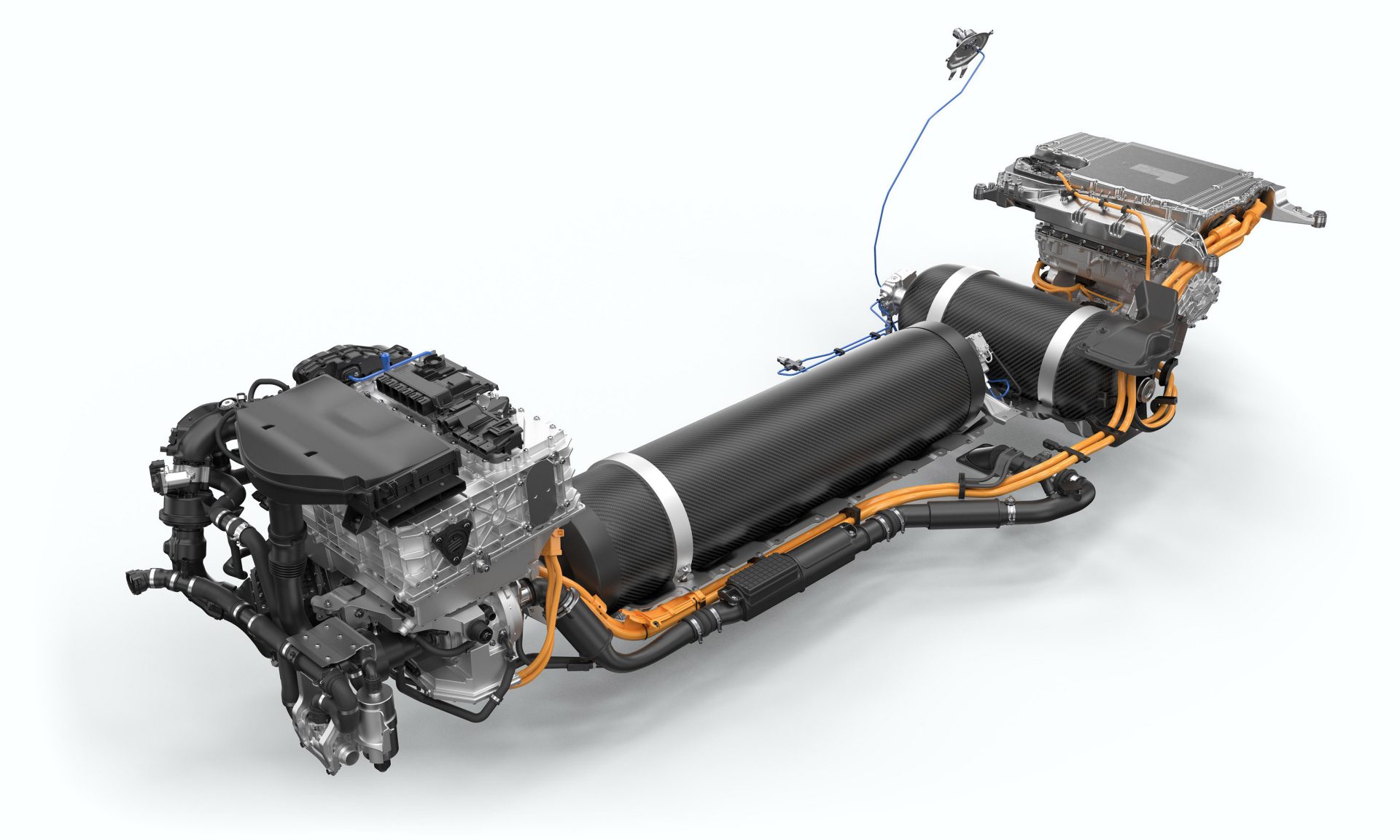
What is BMW’s history with alternative fuels?
BMW is a legendary brand. The Bavarian automaker was founded in 1916 under the name Bayerische Flugzeug-Werke AG (BFW), a company that originally specialized in aircraft engines. It later moved into motorcycles, and then cars. BMW has produced several iconic models that helped shape automotive history and solidified its global leadership.
Their success was amplified by their involvement in motorsports. BMW runs teams across various disciplines. Thanks to their production capabilities, they can manufacture nearly all components in-house, giving them full control over the entire vehicle-building process. Their first major success came with the BMW 1500, launched in 1961, which helped reposition the brand as modern and sporty.
From there, there was no stopping them — they quite literally aimed for the top. Their experience with all types of engines meant that, when they entered the electric vehicle market, success was all but assured. The BMW i3 was the brand’s first mass-produced electric car. It proved that a major manufacturer could build an EV that was both desirable and attractive.
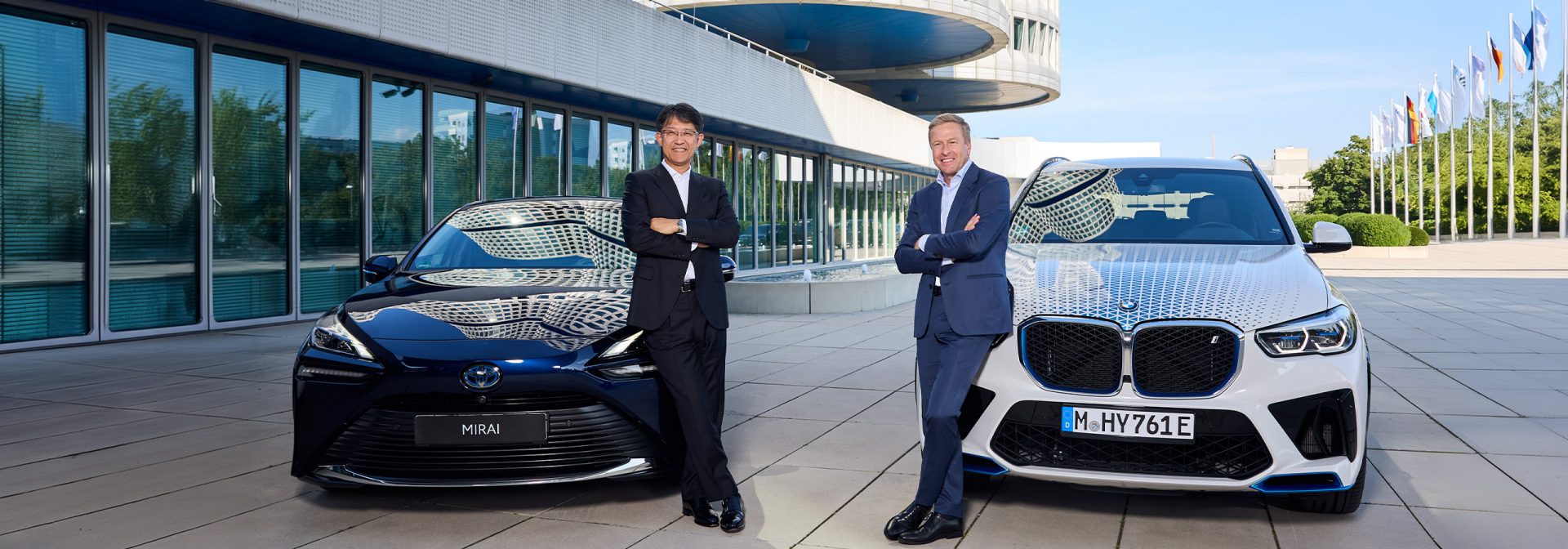
What does the new partnership entail?
Buoyed by their EV success, BMW was convinced it needed to continue investing in alternative energy sources. They began experimenting with hydrogen fuel cells as an alternative to the lithium-ion batteries used in their electric vehicles. These batteries do have limitations, particularly when it comes to range and towing capabilities.
BMW partnered with Toyota to develop a new hydrogen fuel cell, set to be integrated into their vehicles starting in 2028. The idea is that any EV in the lineup could be easily converted to run on hydrogen rather than lithium-ion batteries, thus eliminating problems related to power and range. Toyota’s Japanese team, for its part, also has strong ambitions in the hydrogen space.
No models have been officially announced yet, but many auto industry experts speculate that BMW will begin by installing the fuel cell in its SUVs starting in 2028. SUVs seem like an ideal choice: they’re well suited to hydrogen and are one of the most popular segments in the market.
Is BMW making a mistake by betting on hydrogen?
Innovation in the automotive sector generates excitement around zero-emission vehicles. BMW and Toyota have a strong interest in ensuring the success of this partnership — beyond just financial gain. BMW’s “i” division is fully committed to electrifying the lineup and reducing the carbon footprint of an especially polluting industry. But could their hydrogen gamble backfire?
Feedback from California hasn’t been especially encouraging for hydrogen vehicles. Will BMW even market this vehicle in the U.S.? Nothing has been confirmed yet, but alternative fuels are clearly gaining momentum and could prove to be a viable complement to lithium-ion batteries.
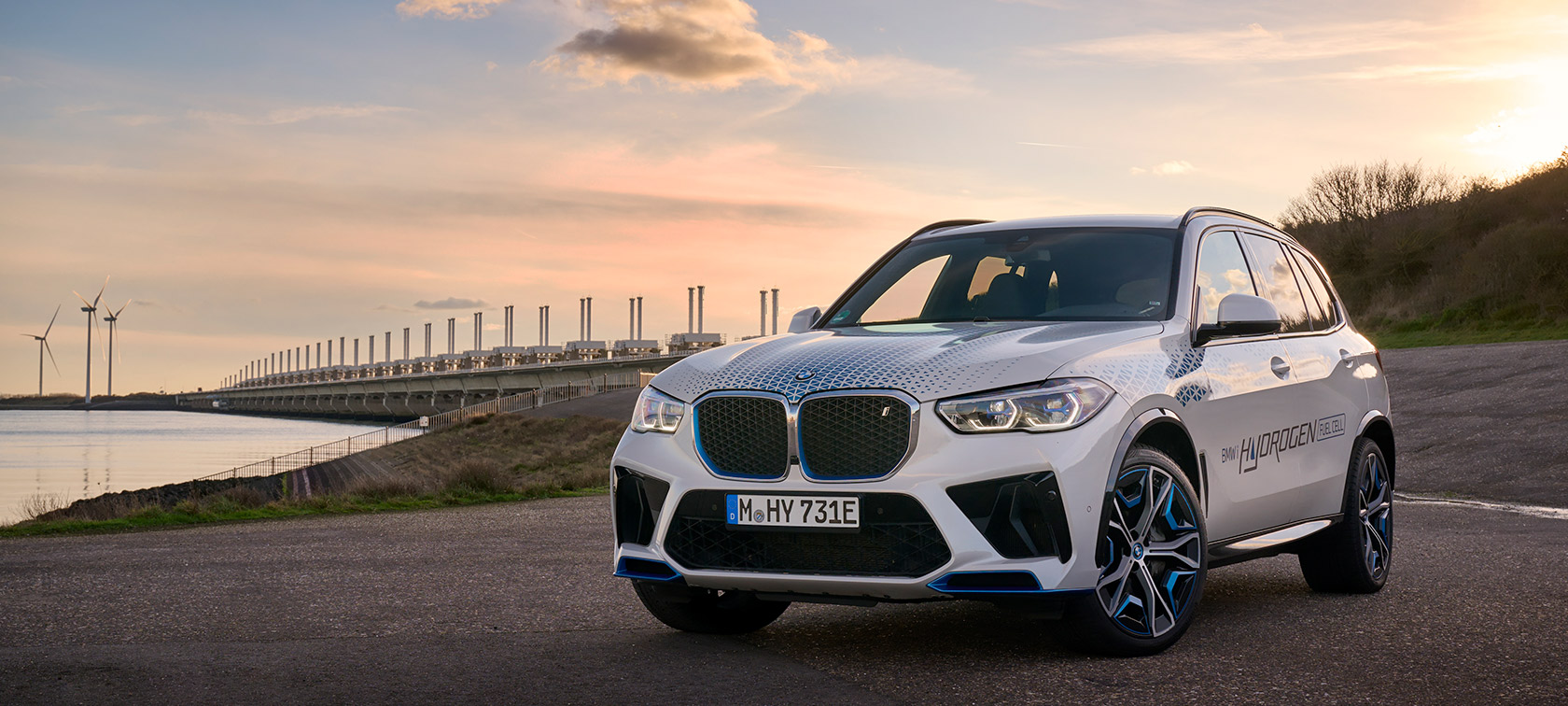

L'Automobile Magazine
News
Business Directory



 En
En  Fr
Fr 